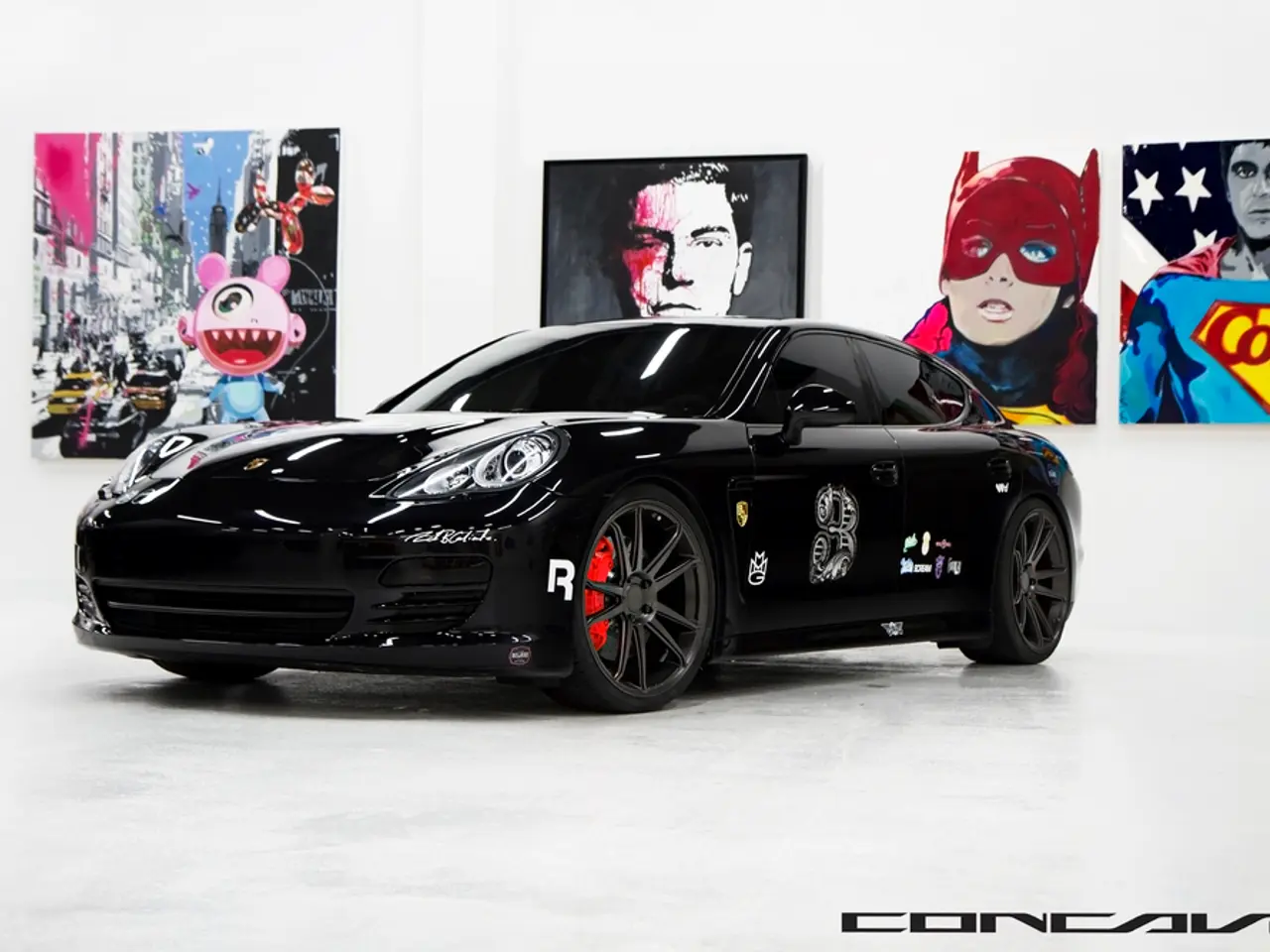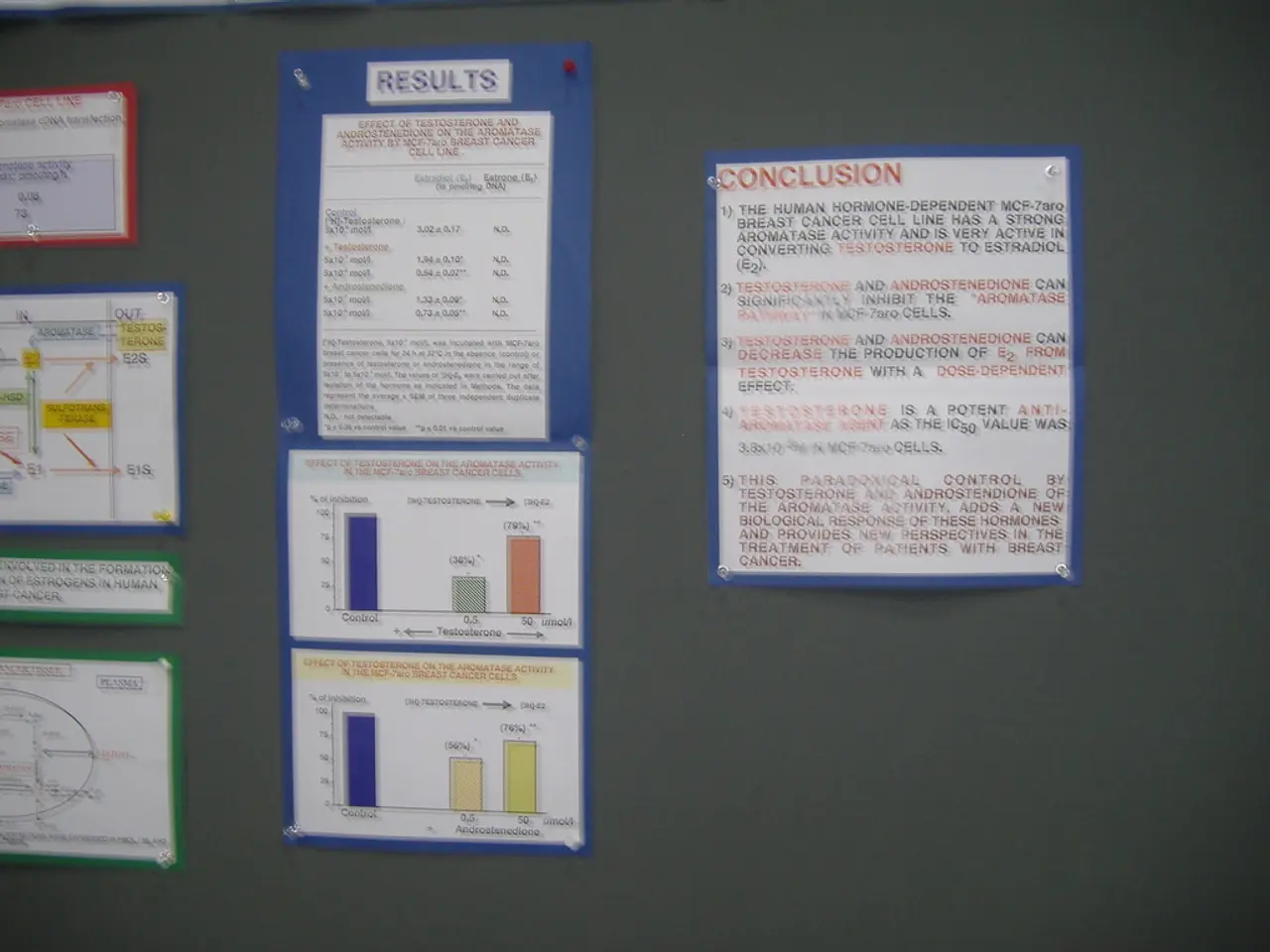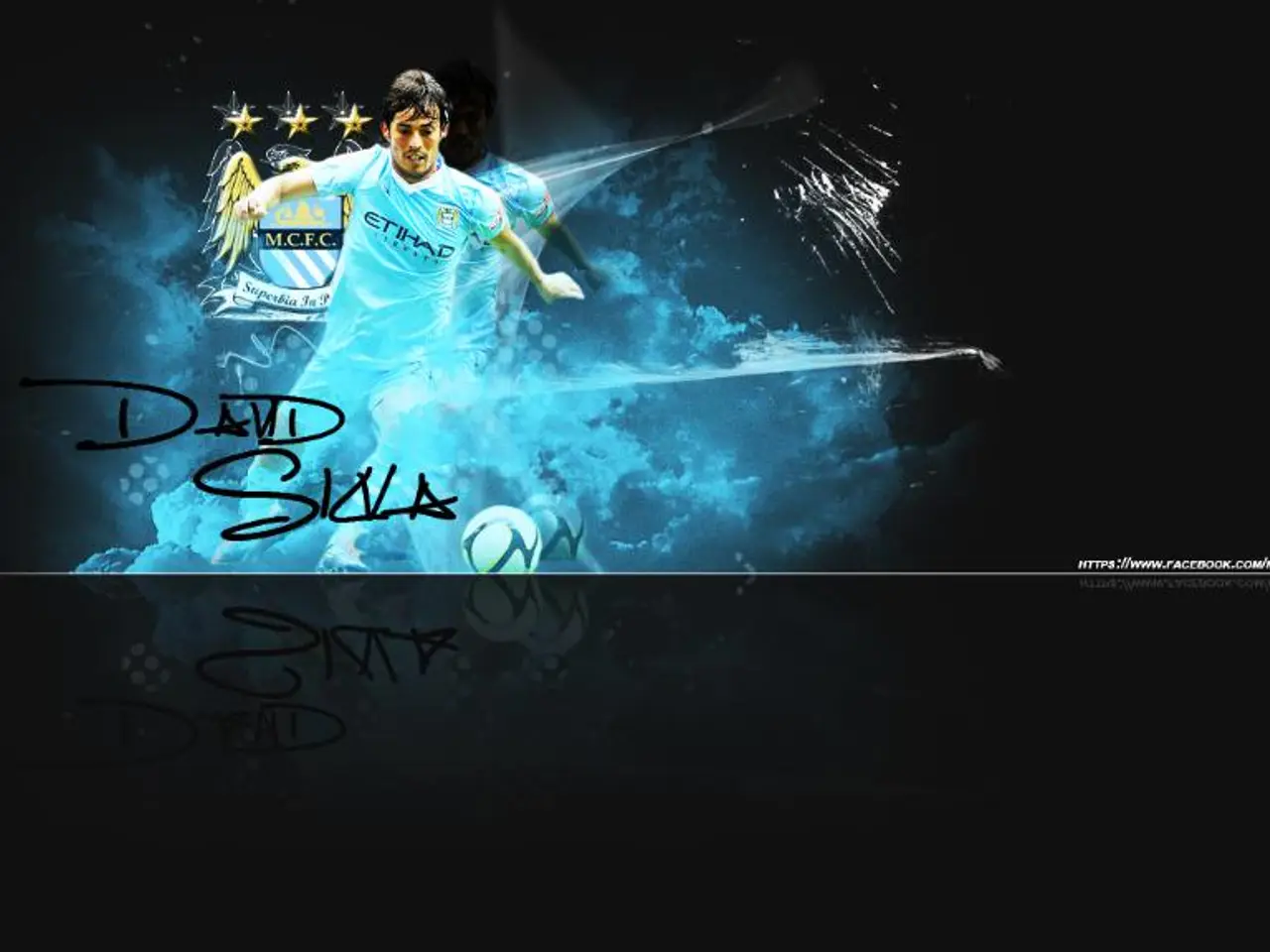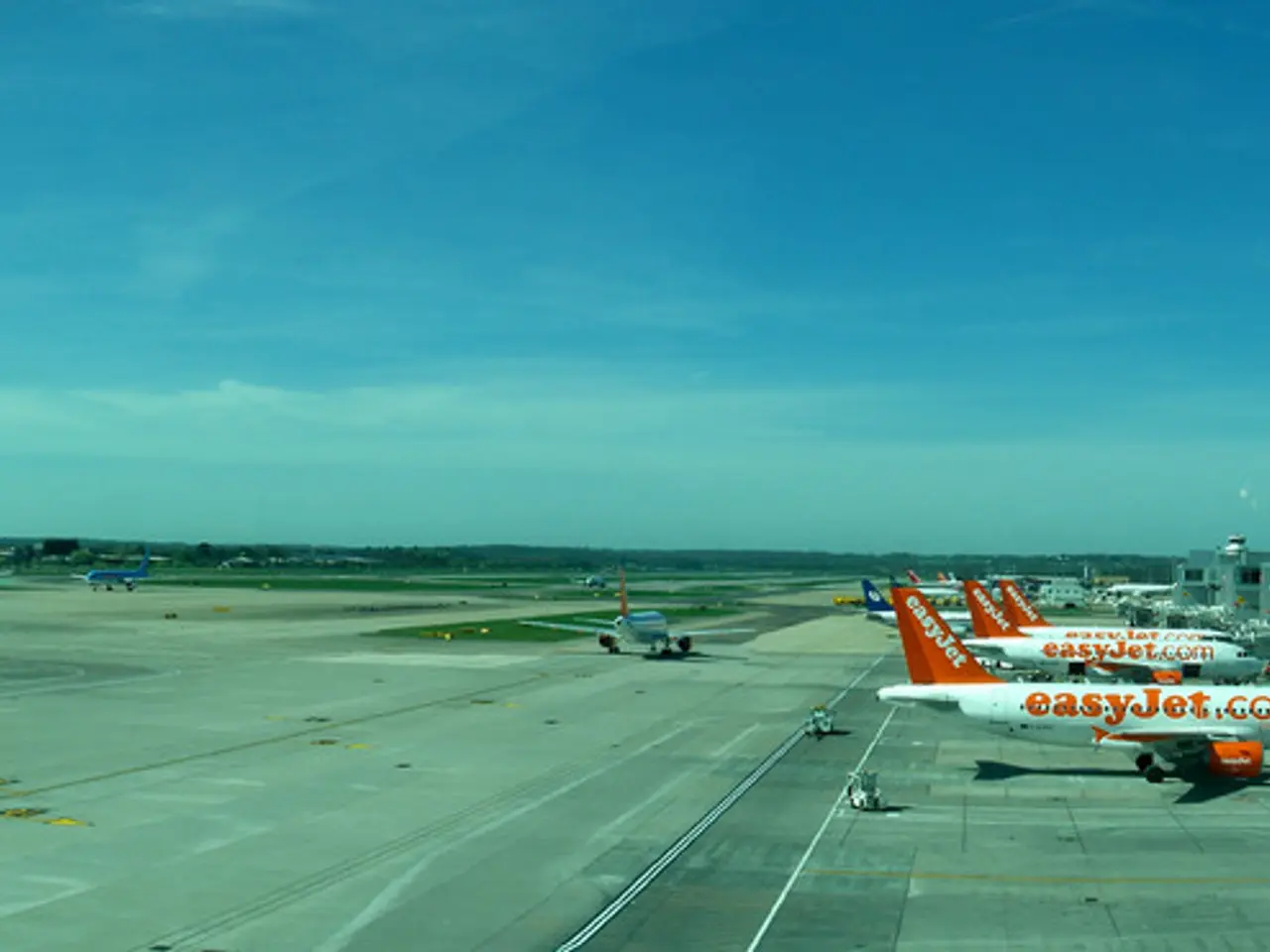Feeling Undervalued Experiences among VW Employees in Baunatal
In a series of recent statements, sociologist and Volkswagen (VW) expert, Klaus Dörre, has raised concerns about the future of the German automotive giant, particularly in relation to its Baunatal plant.
Dörre warns against the possible production of military goods at the VW plant in Baunatal, expressing concerns about potential criticism and damage to the company's image. He also notes that such a move could put many employees in serious ethical dilemmas.
The Baunatal plant, the second-largest VW plant in Germany with around 17,000 employees, finds itself in a unique situation, having committed to electromobility at a time when it wasn't even a topic at the corporate level. This decision, coupled with the current pressure faced by VW due to US tariffs and narrow profit margins on electric vehicles, has resulted in significant drops in profits.
The negative headlines about VW are affecting the employees, who now feel devalued and are experiencing a sense of insecurity and disappointment. The mood in the plant is one of fear, disappointment, and anger, with employees feeling that they are being unfairly burdened for mistakes made by management and politics.
Dörre suggests that innovations can come from both the top and bottom of the company, and that more emphasis should be placed on bottom-up strategies and involving plant workforces. He is skeptical about the current situation at Volkswagen and believes that the cancellation of the job guarantee for VW employees has had a significant impact on their sense of self-worth and identity.
The arms industry, as philosopher Günther Anders points out, is a dual industry, relying on its products being used up through obsolescence or war. Dörre's concerns about VW entering this industry are not without merit, given the potential backlash and ethical implications.
It's important to note that VW has denied plans to build military vehicles in the future, stating that such speculation is unfounded. However, the fear among employees at the Baunatal plant due to the unilateral termination of existing collective agreements remains.
In a broader context, German manufacturers have become innovation-averse due to high profits and have relied on a business model that makes profits like a bank with financial services. This, coupled with the expected impact of US tariffs and overcapacities in the automotive industry, suggests a challenging future for the export-oriented automotive industry.
Klaus Dörre's specific concerns about Volkswagen or the Baunatal plant are not detailed explicitly in the provided search results. Further targeted sources or statements from him would be necessary to gain more insights into his views on this topic. Nevertheless, his concerns highlight the complex challenges facing Volkswagen and the automotive industry as a whole.
[1] Source: Reuters, "Volkswagen lowers full-year revenue forecast, faces tough times under CEO Oliver Blume"
The Court of Justice may need to address the ethical dilemmas and potential conflict of interests that arise when an auto giant like Volkswagen (VW) considers venturing into industries such as finance or defense, given the industry's reliance on obsolescence or war.
Innovations within the transportation sector, like electromobility, often present unique business challenges for companies, especially when they are initiated at the lower levels of the organization in an environment of shrinking profits and increased competition.
A shift in focus from traditional assembly-line production in the automotive industry to financial services or other ventures could have significant implications for the transportation sector, potentially impacting the livelihoods of thousands employed in factories like VW's Baunatal plant.




